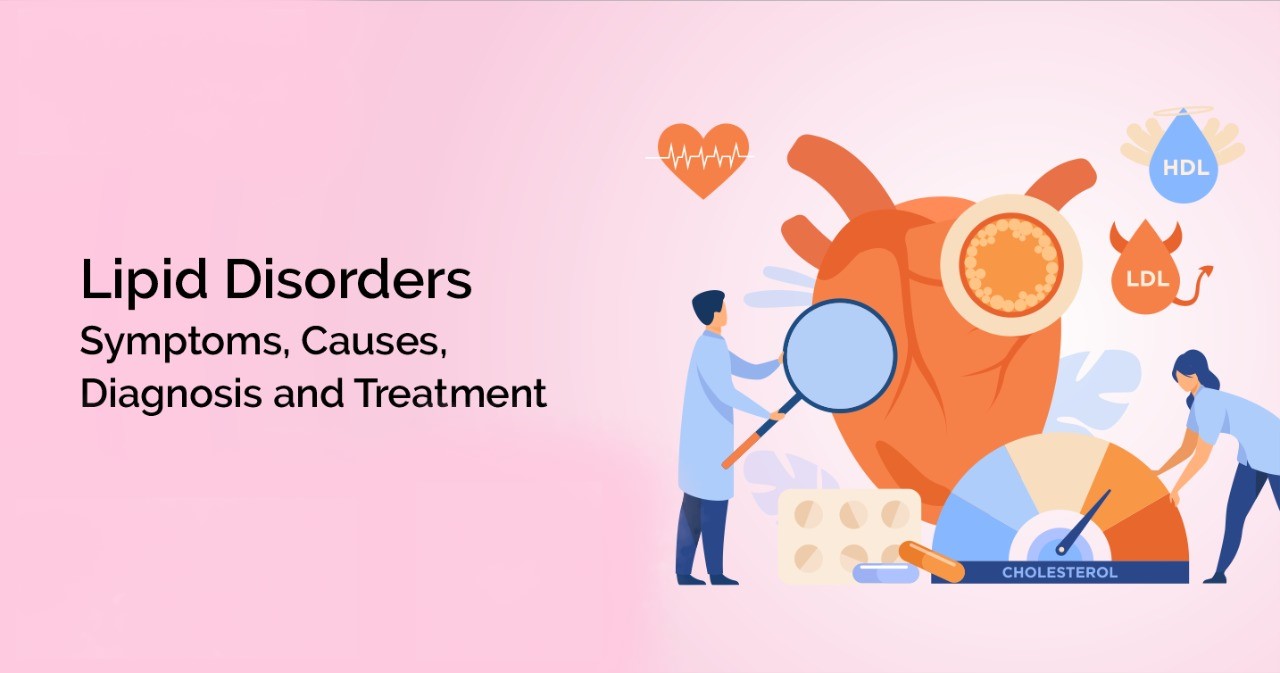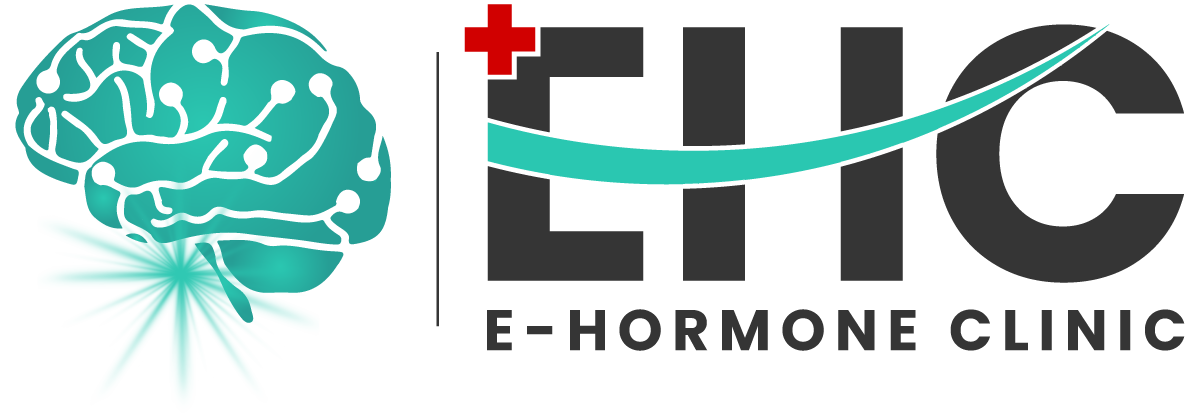Working Time
- Mon-Thu 08:00 – 20:00
Friday 07:00 – 22:00
Saturday 08:00 – 18:00
Contact Info
Ask the Experts

Lipid disorder
Lipid disorders refer to conditions that affect the body’s ability to process fats and cholesterol. Lipids are a type of fat that are essential for normal bodily functions, including the formation of cell membranes, production of hormones, and absorption of fat-soluble vitamins. However, when the levels of lipids in the blood become too high, it can increase the risk of developing cardiovascular disease, stroke, and other health complications.
There are several types of lipid disorders, including:
- High cholesterol: This occurs when there is too much cholesterol in the blood, which can lead to the formation of plaques in the arteries and increase the risk of heart disease.
- High triglycerides: This occurs when there is too much triglycerides (another type of fat) in the blood, which can also increase the risk of heart disease.
- Low HDL cholesterol: This refers to a low level of high-density lipoprotein (HDL) cholesterol, which is often referred to as the “good” cholesterol because it helps remove excess cholesterol from the blood.
- Familial hypercholesterolemia: This is an inherited condition in which the body is unable to remove LDL cholesterol (the “bad” cholesterol) from the blood, resulting in high levels of LDL cholesterol.
Treatment for lipid disorders may involve lifestyle changes, such as following a healthy diet, exercising regularly, and quitting smoking, as well as medications to help lower cholesterol and triglyceride levels. It is important to work closely with a healthcare provider to manage lipid disorders and reduce the risk of complications.
Lipid disorders are conditions that affect the body’s ability to process fats and cholesterol. These disorders can result in high levels of cholesterol, triglycerides, or other types of fats in the blood, which can increase the risk of heart disease and other health problems.
Common lipid disorders include high cholesterol, high triglycerides, and low HDL cholesterol (the “good” cholesterol). These disorders can be caused by a variety of factors, including genetics, diet, and lifestyle.
Treatment for lipid disorders typically involves lifestyle changes, such as eating a healthy diet, exercising regularly, and quitting smoking. Medications may also be prescribed to help lower cholesterol and triglyceride levels. In some cases, more aggressive treatments, such as surgery or specialized procedures to remove plaque from arteries, may be necessary to reduce the risk of heart disease. It is important to work closely with a healthcare provider to manage lipid disorders and reduce the risk of complications.
